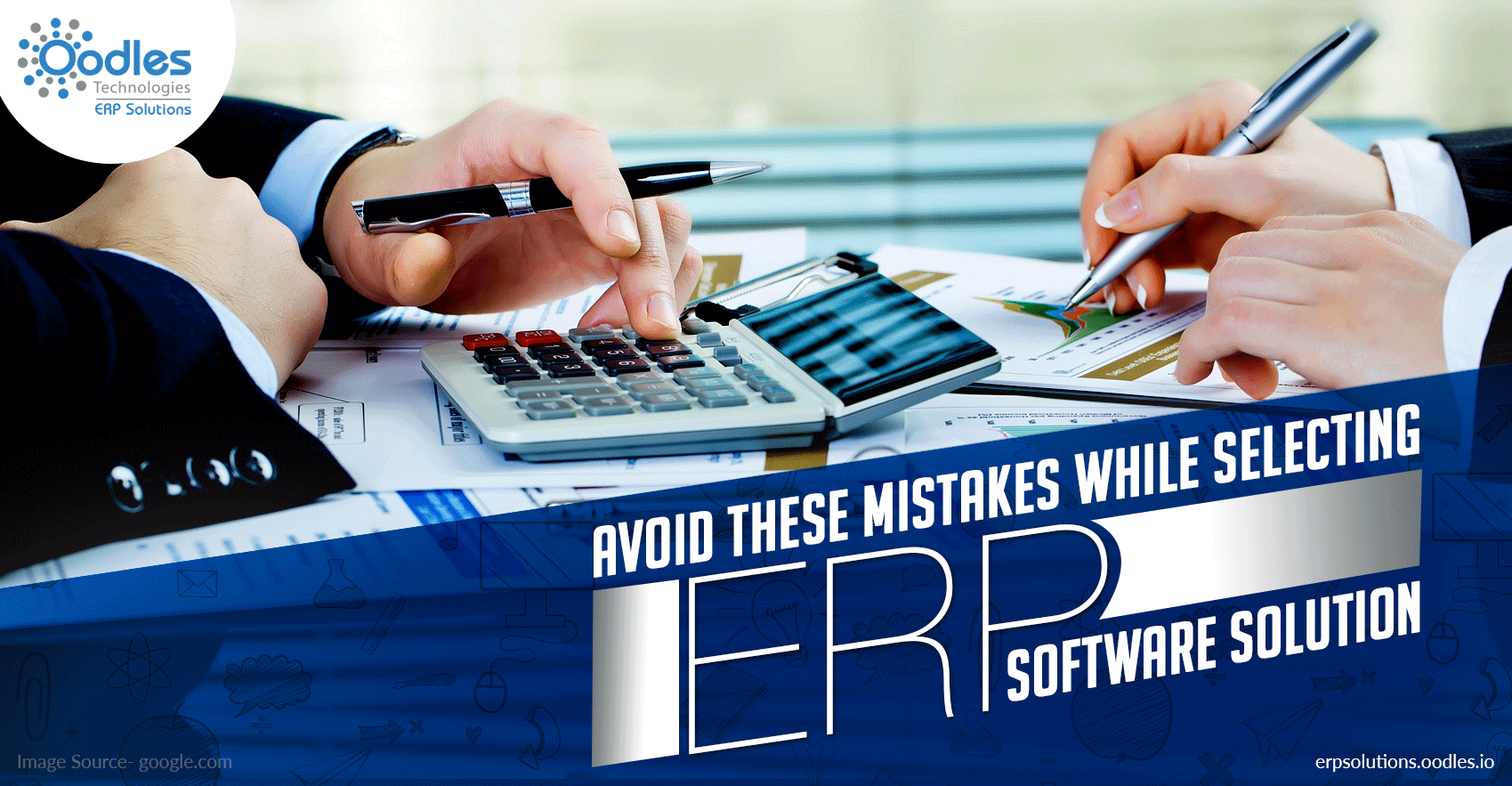Making a good choice with regard to anything in life is what saves us from regretting later. Likewise, every business will be aware of the fact that ERP systems are vital for doing modern businesses and competing against others. Selecting the best ERP software system is similar to choosing a home out of many. In both situations, long-term trust is what you would require the most.
If any company wants to adopt an ERP software system for finance, supply chain, order, inventory, and production management, it should look for software that does this in an efficient manner.
In the following piece of content, I have provided some points that would help you to avoid the kind of mistakes you may attempt while choosing the best ERP software system.
1. Scalability
When any company decides to adopt an ERP system, they make a wishlist of the features they want in it. Software scalability refers to the potential of a system to manage an increasing amount of work or its ability to accommodate growth. So, you must go for an ERP software solution that aligns well with your business’ current IT infrastructure. Most importantly, it should be scalable enough to accommodate your future planning of modification of business processes or operations.
You must ensure that your ERP product is flexible enough to integrate all of the trending technologies in the global market, like AI (artificial intelligence), Internet of Things (IoT), Big Data Analytics, the Cloud, etc. And thus, scalability proposes itself as a vital quality of an ERP system solution for future growth of a company.

2. Not Choosing the Right Partner
Look for an ERP service provider or vendor in an intelligent manner and refrain from making quick decisions. Make your choice based on multiple parameters such as solution, capability, time, industry knowledge, cost, support system, service terms, and implementation experience. Do not forget to ask ERP vendor about providing product demos and client references to assess the available options. This act of differentiation will assist you in finding out possible customizations you might need.
3. Keep in mind your Budget
Implementing an ERP system is a huge investment when it comes to ROI measurement. However, if you are able to manage the costs involved, it will be worth the costs sustained. Another good plan you can make is by paying in equal installments that will be based on each succeeding phase of the implementation. Thus, figure out if your vendor is ready to accept and capable of doing this.
Besides, be aware of the hidden costs associated with implementing an ERP. Because, deploying an ERP software system may have extra costs for things such as service charges, maintenance, hardware maintenance, consultation fees, implementation cost, upgradation cost, among a few others. Being clear and sure about these costs will save your business from unexpected overheads and encountering sudden monetary setbacks in future.
Read more: ERP Software Solution Providers: Blessings for Startups Part- I








